Politics
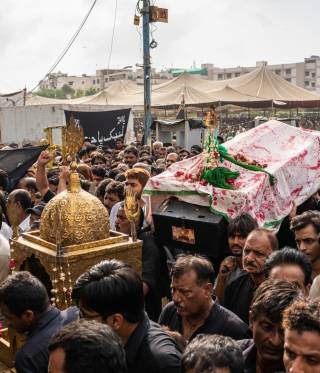
An Iranian-Saudi war along sectarian lines could spell doom for Pakistan and could put its Shia minority into a stranglehold. The first priority for foreign policy should be to mitigate this, and quickly.
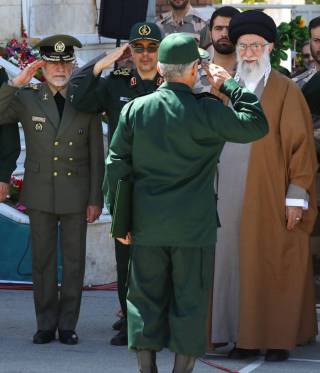
The story of who really attacked the Aramco facilities in Saudi Arabia has taken strange turns. The anti-Iran axis fails to stay on message. And yet Trump, the Houthis, Tehran and even the Saudis all have at least something positive to take away.
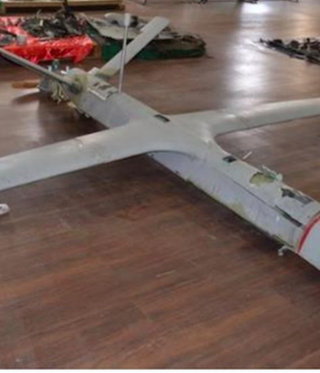
The ‘Kalashnikov of the skies’ is changing the equation of warfare, equipping non-state actors with unprecedented aerial capabilities. Iran has found a cheap way to arm its vassals, though development of drone systems doesn’t follow a straight path.
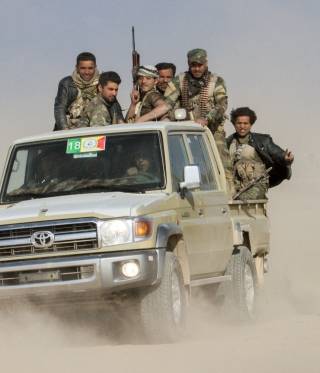
Despite the warmongering rhetoric following Aramco attacks, Iraq's Prime Minister remains committed to preserving Iraq’s neutrality. Will the shield of the Iraqi security forces suffice to keep the various PMF factions in line and out of trouble?
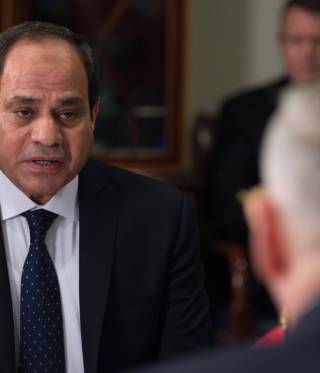
While being defeated in Iraq and Syria, the so-called Islamic State still fights on in other regions. In the Sinai they appear to hold their ground – despite a brutal crackdown by the country's military.

The purge of HDP-led councils in southeastern Turkey ultimately raises the stakes for restarting negotiations. And that explains why the Kurds paid the price for it.
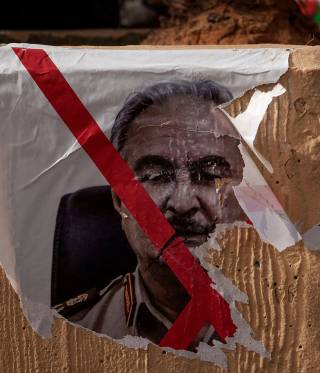
As foreign arms fuel the conflict for control of Libya’s western capital, the mood in Tripoli is one of defiance – and resignation.
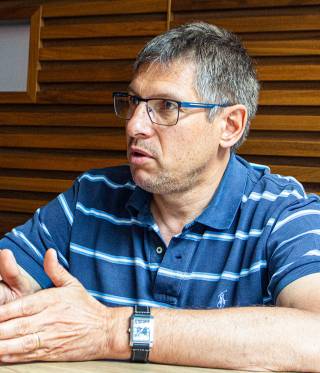
Nearly a million people are caught up between the battle lines in Idlib. French Syria expert Fabrice Balanche explains why Russia’s deal with Erdoğan failed, and yet Moscow still holds all the cards.